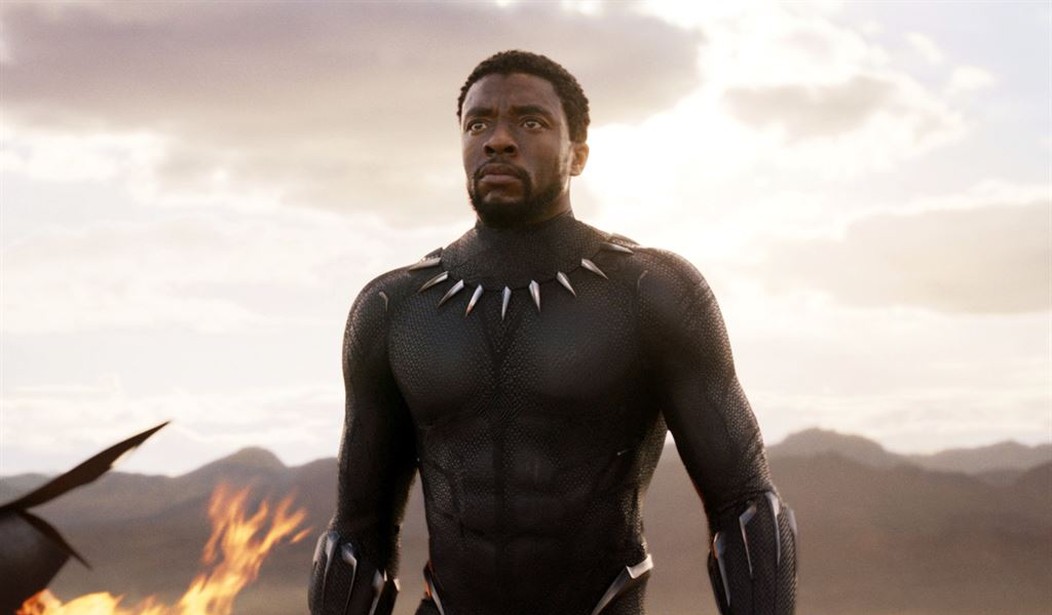Hollywood used to pride itself on storytelling, but now it seems more obsessed with virtue signaling than staying true to source material. In recent years, studios have increasingly engaged in race-swapping classic characters — not to serve the story, but to satisfy the ever-growing demands of woke activists demanding representation. Instead of creating new, compelling roles for minority actors, they lazily rewrite established characters, turning legacy franchises into political statements.
It’s not about representation; it’s about agenda.
We’ve now had a black Spider-Man, a gay Superman, a black Ariel, and of course, a brown Snow White. In Disney’s "Pinocchio" remake, the studio swapped out the iconic blue fairy with long, golden hair for a bald black actress. Then there’s "Lady and the Tramp," in which Jim Dear and Darling were awkwardly reimagined as an interracial couple, even though interracial marriage was illegal in the early 1900s Midwest, where the story takes place. In their rush to boost “representation,” Disney ended up whitewashing actual history, pretending that racism never existed, just to score woke points.
But when fans push back on these bizarre rewrites, the media doesn’t entertain the criticism; it smears it. Disagree with the agenda, and suddenly you’re a bigot.
Meanwhile, HBO Max is moving forward with its “Harry Potter” reboot, and one of the most talked-about casting choices is the decision to cast a black actor as Severus Snape, a character explicitly described in the books as having sallow skin and whom Alan Rickman famously portrayed in the original films. While one might argue that Snape’s race isn’t central to the character, anyone who has read the books or seen the movies — and I have — knows that it completely changes the dynamic of his backstory, as Harry Potter’s father bullied Snape’s character when they were students in the 1970s, which creates an unavoidable racial subtext.
Yet now the tables have turned.
Marvel Comics has launched a new series that introduces a new Black Panther, Ketema, a white, blond-haired, blue-eyed character who is the son of the original Black Panther, T’Challa. And people are outraged.
The much-anticipated release and subsequent major spoiler of the new series have the internet on fire.
Many people claimed to be confused.
“So T’Challa walked in the joint years ago like ‘Where the white women at?!'” one person asked.
Another said: “God no. Dude he wasn’t white in the comics either…. What is this?” Others said, “Methinks Disney/Marvel be stirring the pot.”
Yet another said, “If this is true it’s the most ridiculous thing I’ve ever seen.”
It’s hard to argue with the backlash, but I’ve got to admit that I’m enjoying the hypocrisy on display. For years, we’ve been lectured about how it’s “important” to reimagine characters for the sake of diversity, representation, and having some endless “conversation” about race. We were told race-swapping white characters was not only acceptable but necessary. And now?
I imagine that many of the same people who cheered every swap from white to black, Latino, or Asian are suddenly outraged because this time, it’s a black character that a publisher is making white. Suddenly, race-swapping is offensive. Funny how quickly the rules change when someone is rewriting their icons.
Here’s my take: Black Panther was created as a black character for a reason; his identity is deeply rooted in African culture and history. Changing that is just plain dumb. The same goes for Severus Snape, who was written as a pale, brooding figure and portrayed perfectly by Rickman, and would have been a perfect role for Adam Driver.
Race-swapping established characters doesn’t promote inclusion; it cheapens the story and fuels unnecessary division. But if there’s any upside to this mess, it’s that maybe, just maybe, the people who pushed race-swapping for years will finally understand that the backlash isn’t about racism. It’s about respecting the characters, the lore, and the stories fans grew up loving.










